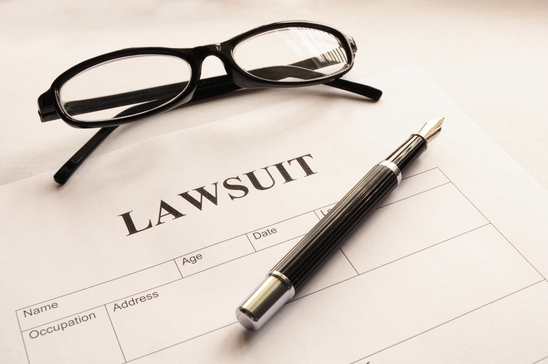
Zostavax is a shingles vaccine that is sold by the pharmaceutical giant Merck. Zostavax is a live vaccine, meaning that it relies upon the weakened form of the virus to immunize against the virus itself. It had been recommended for use in people age 60 and older. It is injected once into the upper arm. Since its inception in 2006, Zostavax has been a top-selling vaccine, and it has been administered to 36 million patients. In 2016, Zostavax registered $685 million in total sales, but its patent expired and subsequently, it faced new competition. In 2017 Zostavax lost its top spot in its marketplace after the Centers for Disease Control switched its recommendation to Zostavax’s competitor Shingrix, which was brand new in the marketplace. According to the CDC, Shingrix is the preferred shingles vaccine over Zostavax. According to Merck’s full-year 2017 financial results, sales of Zostavax fell significantly in the wake of the CDC recommendation, dropping 46 percent from the previous year. Merck announced that it expected sales to be permanently impacted by the CDC’s new recommendation. The drop in sales was even more pronounced in 2018 as sales of Zostavax tallied $65 million in the first quarter, a 58 percent drop from the previous year’s sales in the comparable period.
Declining sales has not been the only issue affecting Zostavax. Merck has been hit with a large amount of lawsuits alleging harmful impacts from the vaccine. These lawsuits allege that Zostavax has caused a variety of side effects about which Merck failed to warn patients. These side effects include vision problems, spinal cord inflammation, autoimmune disorders, hearing loss and other related injuries. Further, patients have reported getting shingles as a result of receiving the vaccination since it contains the live virus. This form of shingles is often more virulent and difficult to treat than other types of shingles cases. The injuries typically occur within the first six months after receiving the vaccine although some patients have reported long-term effects from having the shingles virus lie dormant in their bodies. The side effects have been so severe that the FDA has been required to issue two separate black box warnings for Zostavax.
The first claim was filed in February 2017 in Philadelphia. Since then, thousands of lawsuits have been filed against Merck. Some of these lawsuits have been consolidated into multidistrict litigation since the injuries alleged are similar. In addition to the combined litigation, there are hundreds of additional cases pending against Merck. The company has requested that all of the claims against Merck be consolidated into one single case. Even since then, hundreds of additional cases have been filed. Merck claims that Zostavax is entirely safe and has been successfully administered to patients for 12 years.
The claims against Merck center on both Zostavax itself and the way that Merck has marketed the vaccine. The lawsuits claim that Zostavax is a defective product which causes injuries. The lawsuits further claim that Merck knew about these defects and dangerous side effects and continued to sell the drug in spite of them. It is alleged that Merck hid these issues and told falsehoods about both the safety and effectiveness of Zostravax.
The Law Offices of Sadaka Associates is at the forefront of this litigation, managing many of these cases. If you or a loved one has contracted shingles as a result of receiving the Zostavax vaccine, contact our office for a free consultation.
